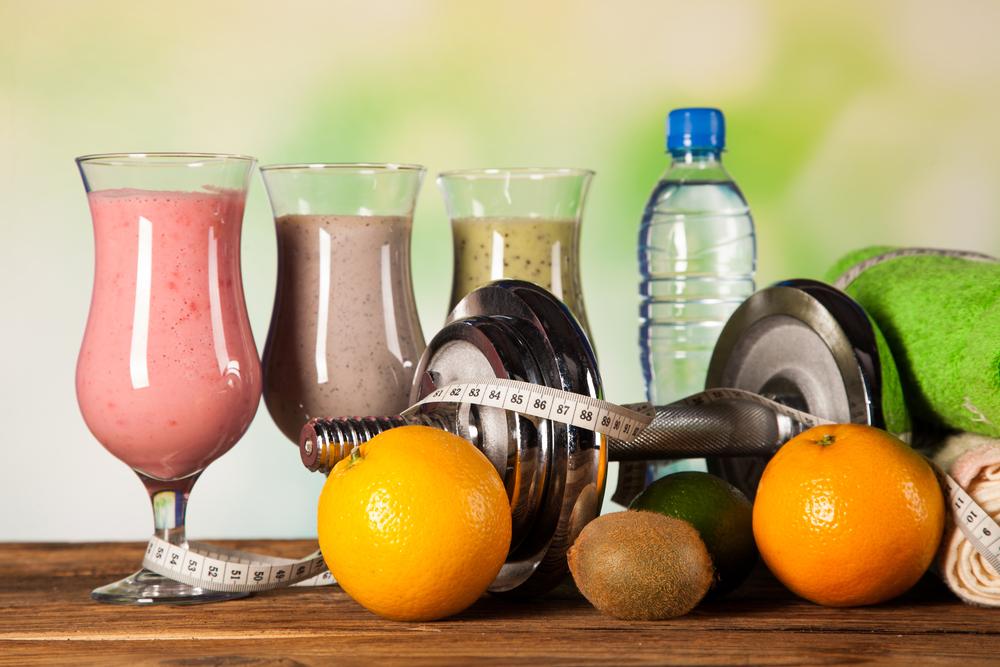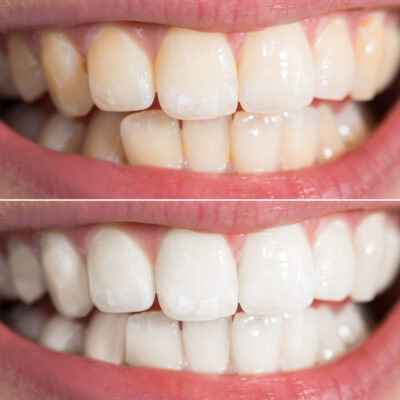
Dietary Tips During Menopause
Menopause is when the menstrual cycle of a woman ends, and many hormonal changes occur in a woman’s body at this time. They experience various symptoms like night sweats, hot flashes, weight gain, dry skin, sudden mood changes, and other emotional disturbances. All these symptoms can seriously affect the quality of life, and lifestyle changes are needed to cope with the symptoms of menopause.
Menopause is a difficult time for women who face many uncomfortable symptoms. Diet plays an important part in managing the symptoms of menopause. The dietary tips for menopause presented in this article explain the best diet to be followed and the need for a proper regimen to be followed. Diet plays an important role in the management of menopausal symptoms. Weight gain is a common problem, and a balanced diet can help in weight reduction. Similarly, other symptoms can also be managed by following a healthy and proper diet. The dietary tips for menopause mentioned in this article explain how diet can be used to manage the symptoms of menopause. There is no standard diet for menopausal women as the diet depends on a woman’s health condition and symptoms. A balanced diet rich in nutrients is recommended:
1. Drink an adequate amount of water
Drinking sufficient water is important for everyone, more so for women experiencing menopausal symptoms. Eight to ten glasses of water per day are enough to keep hydrated and help with weight loss. Also, the reduction of estrogen levels leads to dry skin, including dryness in the vagina, and drinking plenty of water helps keep the skin moist. Additionally, water consumption helps reduce the symptoms of bloating that occur during menopause and helps deal with the problem of hot flashes. Consuming more water aids in digestion and boosts digestive health, along with aiding weight loss.
2. Watch the calories
Menopausal women are susceptible to weight gain, so another important dietary tip is to watch the calories. A low-calorie diet with regular exercise helps in burning calories and losing weight. The diet of a menopausal woman should include more fruits and vegetables as well as low-fat meals that contain fewer calories.
3. Recommended diet for menopause
The USDA dietary guidelines recommend women to include the following in their diet:
- 1.5 to 2 cups of fruit per day
- 2 to 2.5 cups of vegetables per day
- 3 cups of milk products like cheese, butter, yogurt, and such (preferably low-fat)
- 5 to 6 ounces of grains, with at least half coming from whole grains
- 5 to 5.5 ounces of meat (preferably lean meats) and beans
Following these dietary guidelines or consuming a balanced diet that addresses all dietary requirements is needed for a woman during menopause as it helps them improve their overall health. These dietary tips for menopause also help prevent health issues that might arise due to menopause, like osteoporosis.


